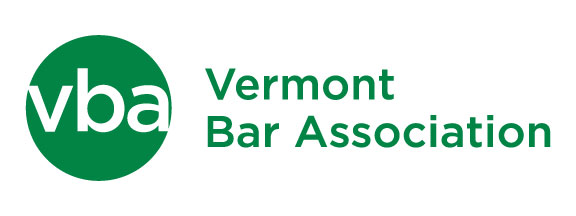14-01 A licensed attorney employed by a state department as an investigator cannot serve both as a witness in an administrative hearing and as an advocate presenting the case in lieu of department legal counsel consistent with V.R.P.C. 3.7 if the attorney is a necessary witness in the hearing and is testifying about a contested issue.
97-13 A lawyer may agree with a client to charge an hourly fee which includes some or all disbursements, provided the client remains ultimately liable for actual litigation costs and the fee is “reasonable”.
97-08 A lawyer must exercise discretion in determining the necessary length of time for the subsequent retention or disposition of a client’s file. The contents of certain files may indicate the need for a longer retention period than do the contents of files of similar age based on their relevance and materiality to situations which may foreseeably arise. Moreover, in disposing of a client’s files, a lawyer should protect the confidentiality of its contents. If possible, notice may be given the client as to the date of disposition, affording the client the opportunity to take possession of all or part of the material in the file.
97-07 Funds prepaid by a client for future legal services must be placed in a client’s trust and cannot be co-mingled with the attorney’s business funds. The attorney can access only that portion of the retainer which compensates the attorney for services previously rendered or costs incurred in the course of that client’s representation. An engagement letter and fee agreement signed by the client and law firm addressing these issues is strongly recommended. Disputes over whether the law firm can and should access funds held on deposit over a client’s objections should be referred to the Arbitration of Fees Committee of the Vermont Bar Association or satisfactorily resolved with the client prior to accessing the funds.
97-06 Newly enacted H.70 criminalizes the refusal of a motor vehicle operator to take an evidentiary test for alcohol in specified circumstances. Counsel for such an operator may not advise the client to refuse to take the evidentiary test, but may advise the client of the legal consequences of taking or refusing the evidentiary test and any good faith argument for contesting the validity of the law.
97-05 A lawyer does not violate DR 4-l0l by communicating with a client by e-mail, including the Internet, without encryption. The use of an Internet web site to -communicate with clients and prospective clients requires compliance with DR 2-l03 and DR 2-l04 relating to advertising and solicitation.
95-01 In the absence of an enforceable lien, properly perfected, or in agreement consented to by the client, an attorney does not violate the Code of Professional Responsibility by failing to forward funds obtained in settlement of litigation to parties who provided medical care to the plaintiff.
93-01 A public defender who is on an involuntary unpaid furlough due to budgetary constraints does not violate the Code of Professional Responsibility if he or she is not available for advice or appointment of new clients during such furlough, but must either be available or make appropriate arrangements for existing clients to have access to advice and necessary representation at critical stages of the criminal legal process during his or her absence.
91-07 In a complex and unconventional real estate transaction, the Purchaser’s attorney should not counsel his client to execute a Declaration drafted by the Seller’s attorney which might (1) operate as a waiver of the Purchaser’s attorney/client privilege; and (2) limit the Purchaser’s potential remedies against his attorney or the Seller in any subsequent dispute arising from the transaction. In addition, the Purchaser’s attorney should refuse to execute the Declaration as drafted by the Seller’s attorney, since its characterizes the nature, quality and extent of communications between the Purchaser’s attorney and his client.

